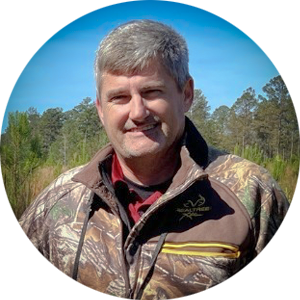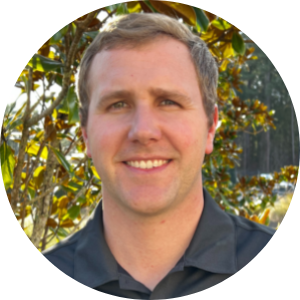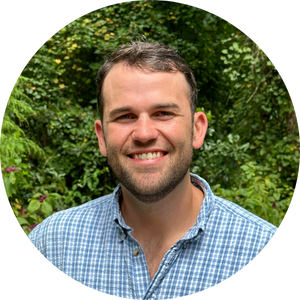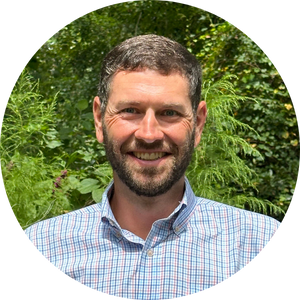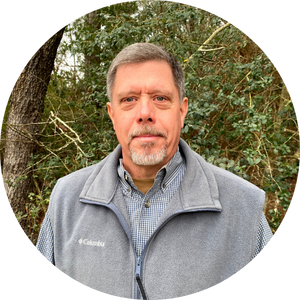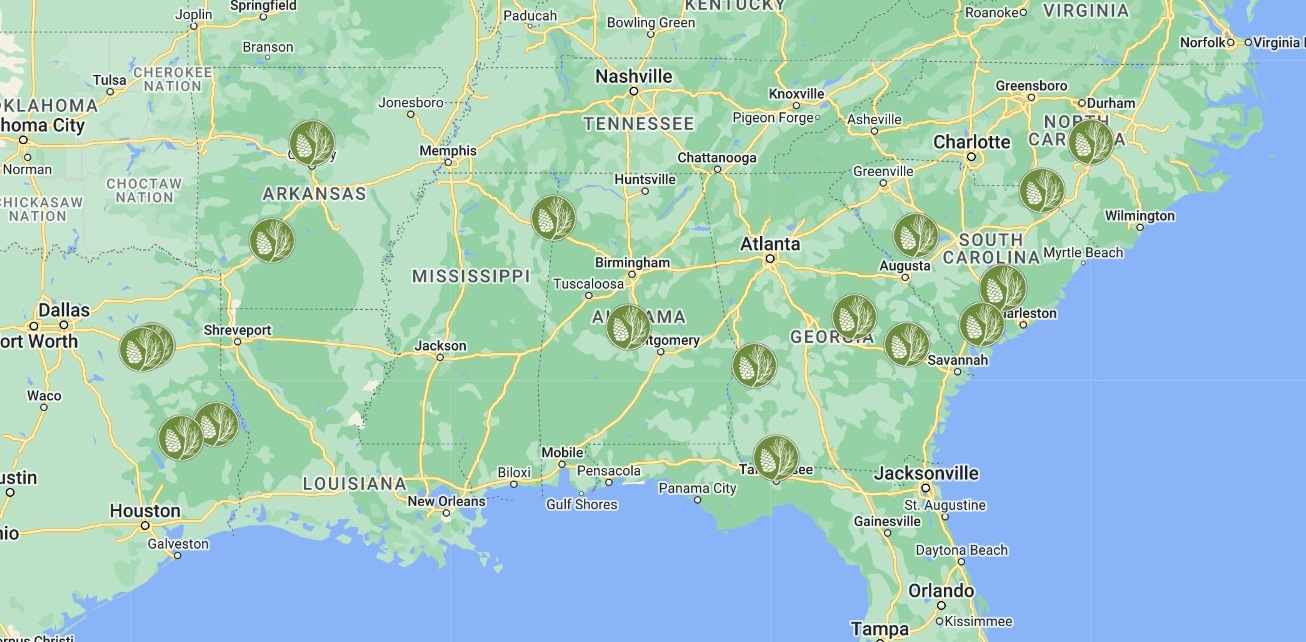
Authored by Jessie Maynor
Jessie Maynor is the ArborGen Pine Development Project Leader.
ArborGen produces more than 350 million seedlings each year in the Southeast. The Seedling Quality Assurance Program (SQA) was created in 2016 to demonstrate to our customers our dedication to producing quality seedlings. No other seedling provider maintains this level of testing to ensure our clients get the best from seedling production. The SQA program is designed as a third-party check system kept separate from the nursery operations to collect representative, unbiased data of each nursery’s crop for a given year.

The goal of the SQA program is to sample every field and most families at a given nursery each year. After sowing, each nursery provides a sow map to Product Development, where the team will look at families sown and fields in production. From this information, families will be sampled based on product class and customer. One of the newer changes implemented into the program this year is the number of plots based on the amount of seed sown and type of product class.
For example, any MCP family with over 1 million seed sown at a given nursery will have 14 randomly installed plots to ensure the larger area sown is appropriately sampled. The number of plots will decrease as fewer seeds are planted. Establishing plots proportionally to the seed sown results in higher confidence that our averages are within one standard deviation of the true mean. This increase in sampling provides a more comprehensive assessment of the families at each nursery (Table 1).

The program’s team visits each bareroot and containerized pine nursery four times a season. The plot locations are randomly selected each visit to ensure maximum coverage of a given family. The core measurements taken at each visit are height and root collar diameter (RCD). Nursery locations range from South Carolina down to southern Georgia and west to Texas. Measuring all nurseries takes roughly three weeks to collect all the SQA data. The first measurement takes place six to eight weeks after sowing, typically in early to mid-July. Following the initial measurement, subsequent measurements will be taken at each facility every six weeks until December’s final round of measurements. (See TreeLines July 2021 – What is a Quality Seedlings for more information on characteristics measured).


The SQA data is not only a valuable tool for our customers but also our nursery managers. The data is analyzed, and a report is generated for the nursery managers. With historical data, guidelines are set for each week of a season to meet specific measurement metrics to ensure Grade 1 seedlings at the time of lifting. Product Development will meet with nursery managers to review the analysis and discuss any issues, such as low germination, higher or lower densities, weather events, etc. An active management strategy is used to evaluate and improve the current crop’s management practices from these discussions. With this adaptive management strategy, issues are identified, solutions are proposed, an action plan is created, and the issue is reassessed in the following measurement cycle.
The Seedling Quality Assessment Program is a comprehensive effort to ensure ArborGen maintains excellence in seedling quality from year to year. We track the growth at the nursery and make management adjustments based on the data collected. In the 2021 season, three rounds of measurements have been collected for approximately 1,500 plots installed and 50,000 seedlings measured. This SQA program continues to demonstrate ArborGen’s unmatched commitment to providing a seedling checked and verified for exceptional quality.






